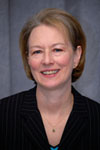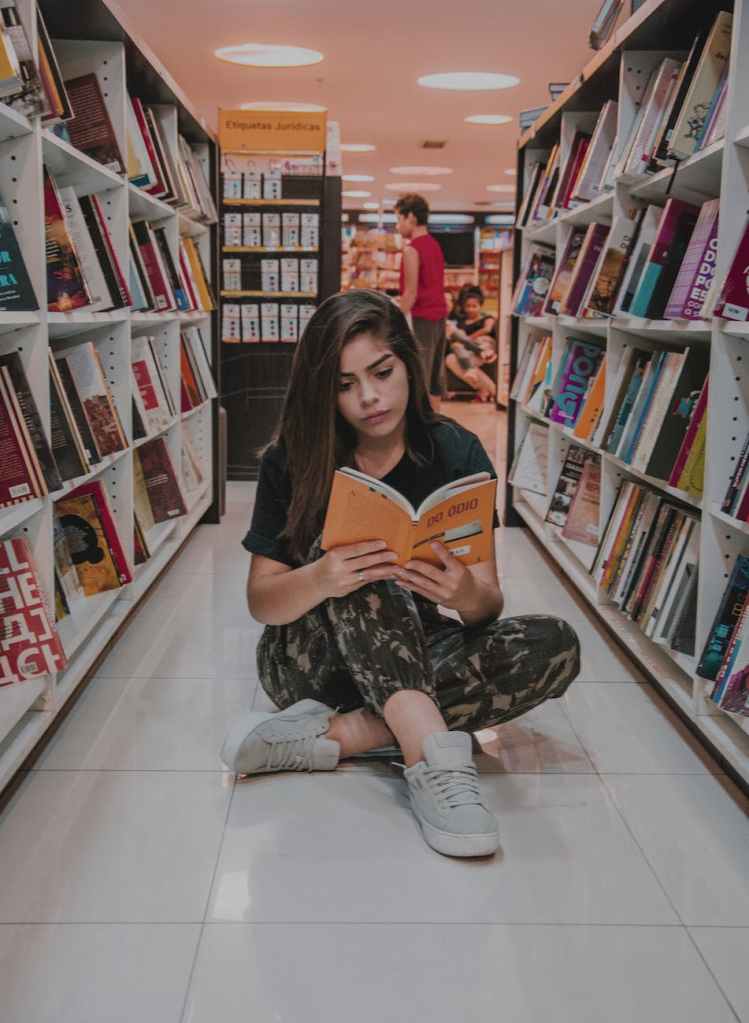
The Belin-Blank Center has provided challenging programs for decades. Research suggests that when bright students’ readiness is matched with curriculum and instruction, they are more engaged at school. Advanced Placement® classes are just one vehicle we use to bring out the best in students.
Advanced Placement (AP)® is a program created by the College Board College in the United States and Canada. AP® offers a college-level curriculum to students while in high school. The AP® curriculum for various subjects is created for the College Board by a panel (including college-level educators) with expertise in a specific field. Many colleges and universities grant placement and/or credit students based on AP® exam scores. For a high school course to have the designation, it must be audited by the College Board.
There are several benefits of taking Advanced Placement® classes. AP® classes serve as excellent preparation for college. Their content aligns with introductory college courses. AP® classes on a transcript communicate to college admissions that a student is motivated and ready for college’s rigors, especially at selective colleges and universities. AP® classes bolster the strength of an application and could help raise it to the top of the pile of applicants. The content and instructional strategies in AP® classes foster engagement, which is especially important for students tackling rigorous coursework. Finally, students can often translate a good score on the end-of-term AP® Exam into tuition savings, as many colleges will count such scores towards a student’s general education requirements. Research has found that students who take at least one AP® class are more likely to perform better in their first year in college than peers who did not take one (regardless of whether they took an AP® exam or not).
Please visit the Advanced Placement® link of the UI Admission website for more information on Advanced Placement® and the University of Iowa.
Iowa Online AP Academy
Geography can seriously impact the availability of advanced coursework. Offering AP® courses in rural schools is often difficult due to small class sizes and a lack of resources. The Belin-Blank Center’s Iowa Online AP® Academy (IOAPA) partners with the State of Iowa to provide free access to various online advanced courses for Iowa students who do not have access to these courses in their schools. IOAPA offers fifteen different AP® classes (e.g., Biology, Chemistry, Statistics, US History, and English Literature) to almost 100 Iowa schools this semester. Registration for the Spring 2023 semester is open now. Please visit the IOAPA website for more information.
The Belin-Blank Center is also proud to be the only approved AP® training site in the state. Each summer, we offer Advanced Placement® Summer Institute (APSI) for teachers to acquire AP® preparation from expert consultants and network with like-minded educators. In Summer 2023, we will offer three weeks of APSI (two on-campus and one online). Like the philosophy of access to AP® for students through IOAPA, the Center commits to providing an online APSI option, so teachers seeking training can attend regardless of location. The APSI offerings for Summer 2023 include Biology, Calculus AB, Chemistry, Computer Science & Principles, English Language, English Literature, Government & Politics, Macroeconomics, Psychology, Spanish Language & Culture, Statistics, US History, and World History. Please visit the APSI website for more information, including requirements for the Iowa teacher grant that covers most of the APSI registration fee.

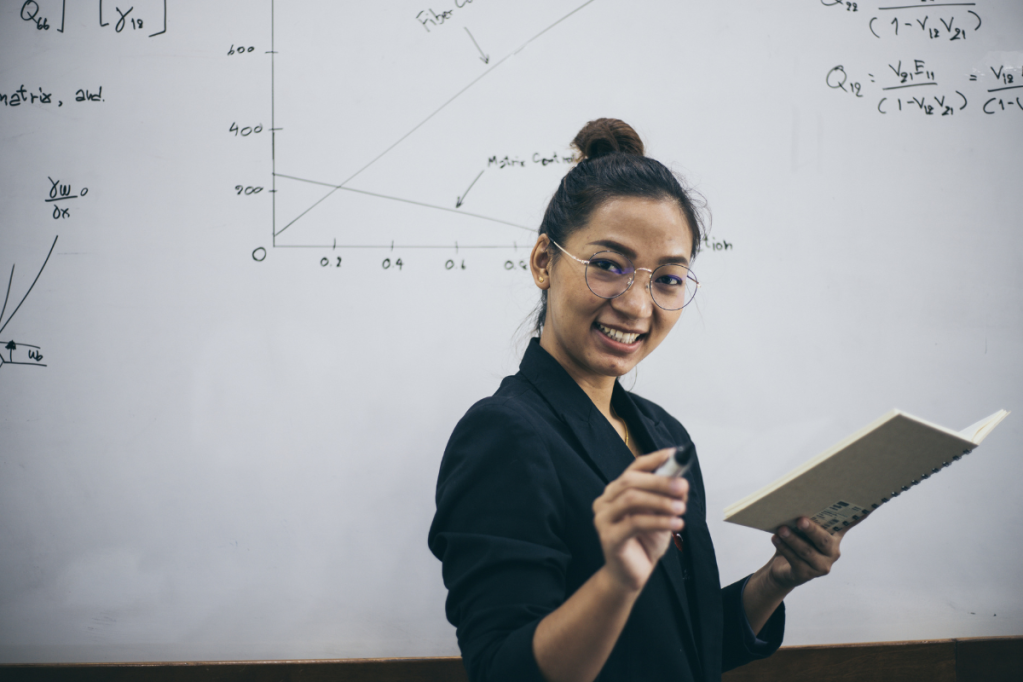
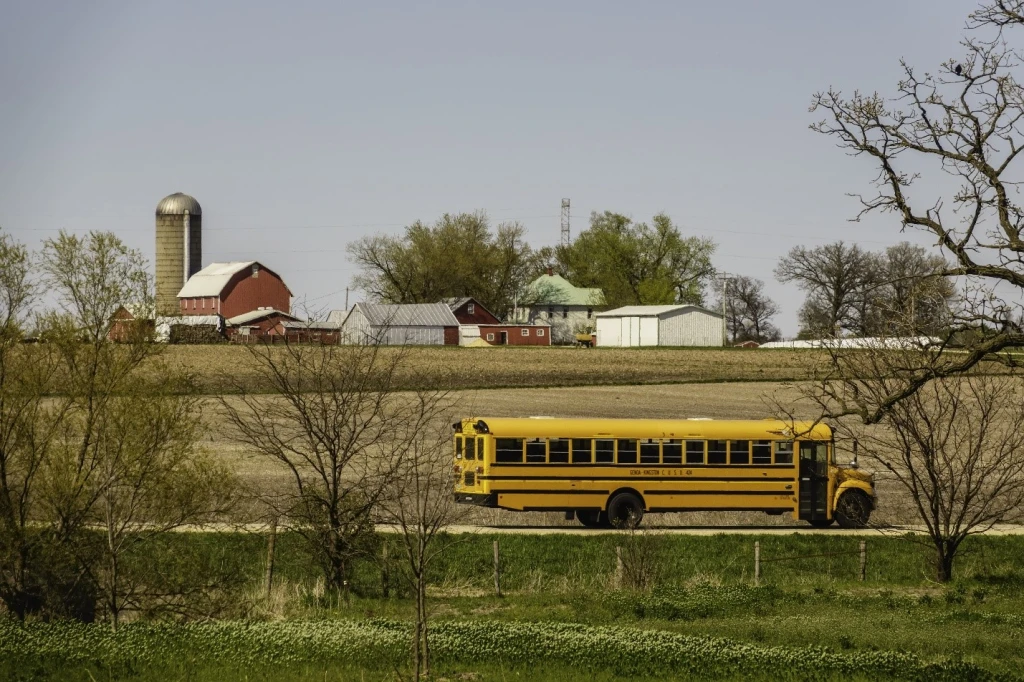



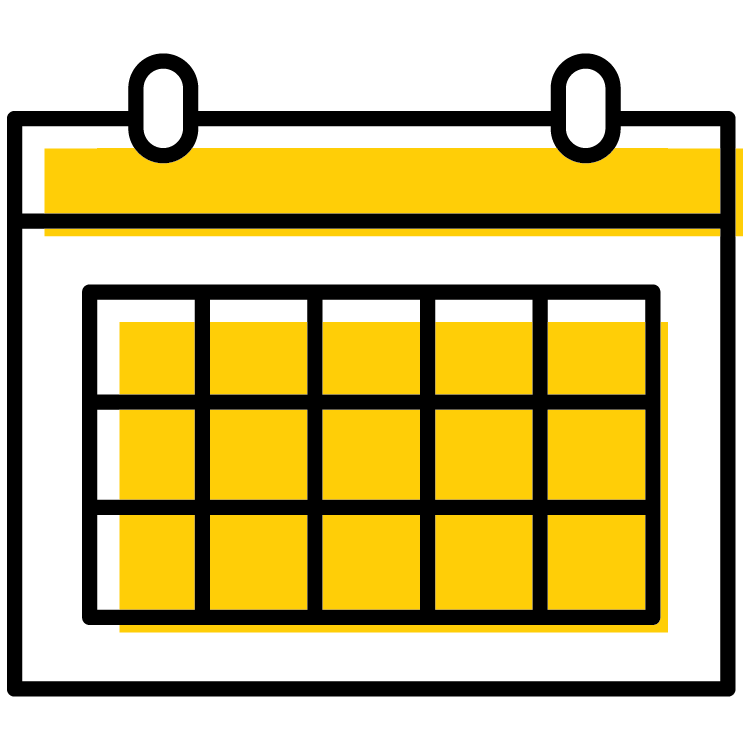












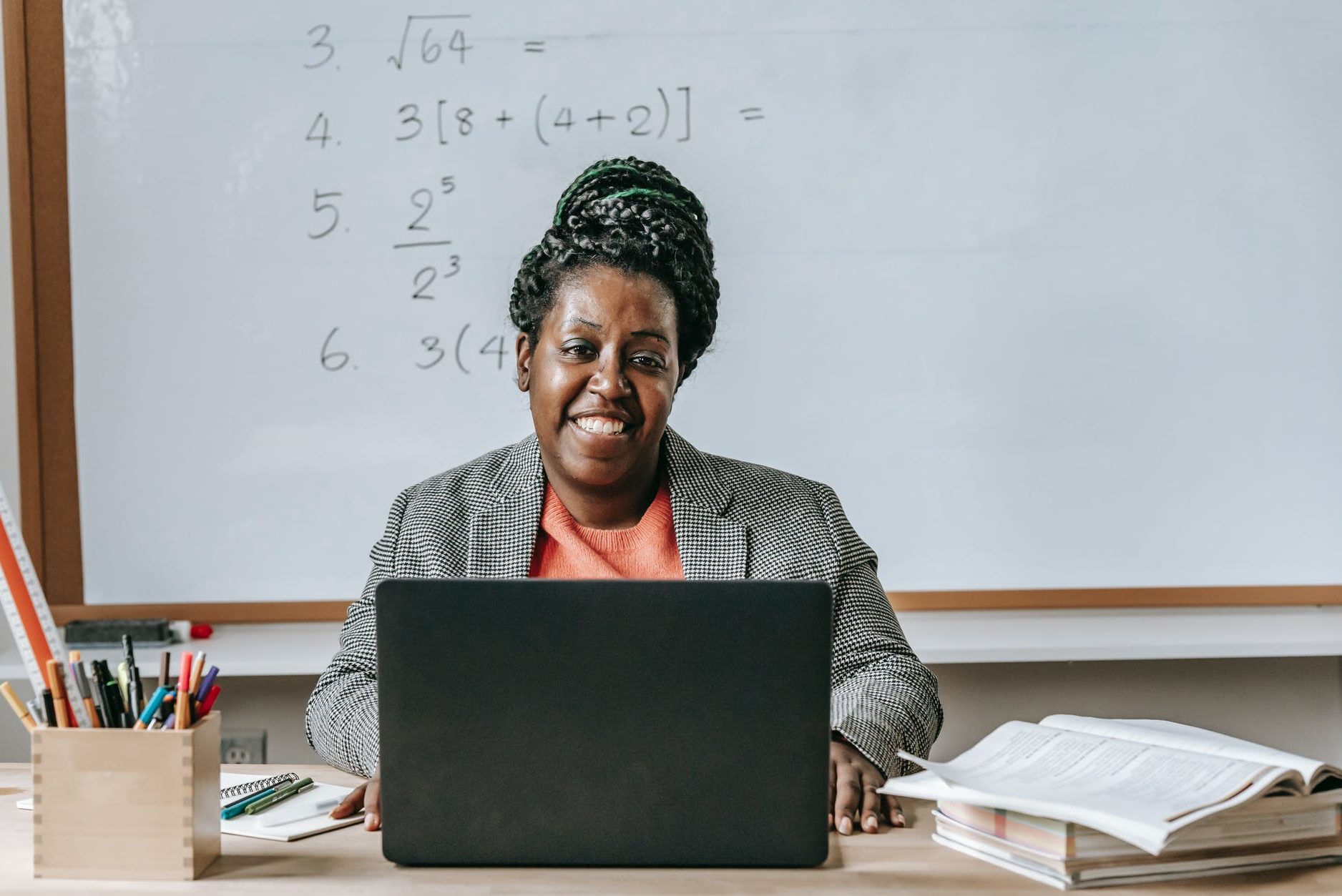




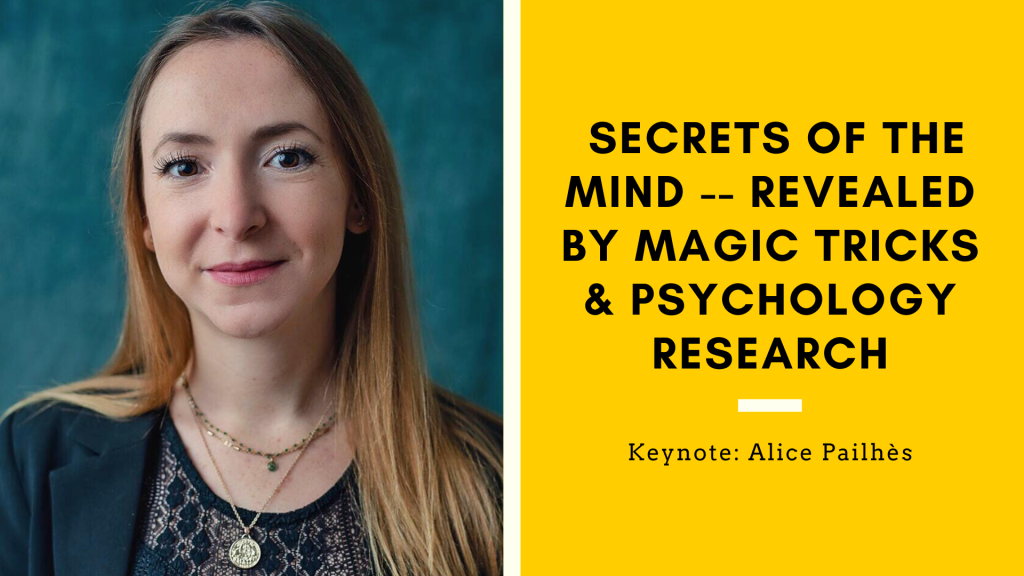














































 our essays now! We ask for two separate pieces of writing from you: First, a 750-word essay describing your research interests and background; And second, a 750-word essay explaining why SSTP is a good fit for you. We recommend writing and editing your essays in a separate document and pasting them into the application platform once you’re satisfied with your work. Please bear in mind that the essay fields in the online platform will save your essays as plain text, meaning that your formatting will not be kept.
our essays now! We ask for two separate pieces of writing from you: First, a 750-word essay describing your research interests and background; And second, a 750-word essay explaining why SSTP is a good fit for you. We recommend writing and editing your essays in a separate document and pasting them into the application platform once you’re satisfied with your work. Please bear in mind that the essay fields in the online platform will save your essays as plain text, meaning that your formatting will not be kept.














